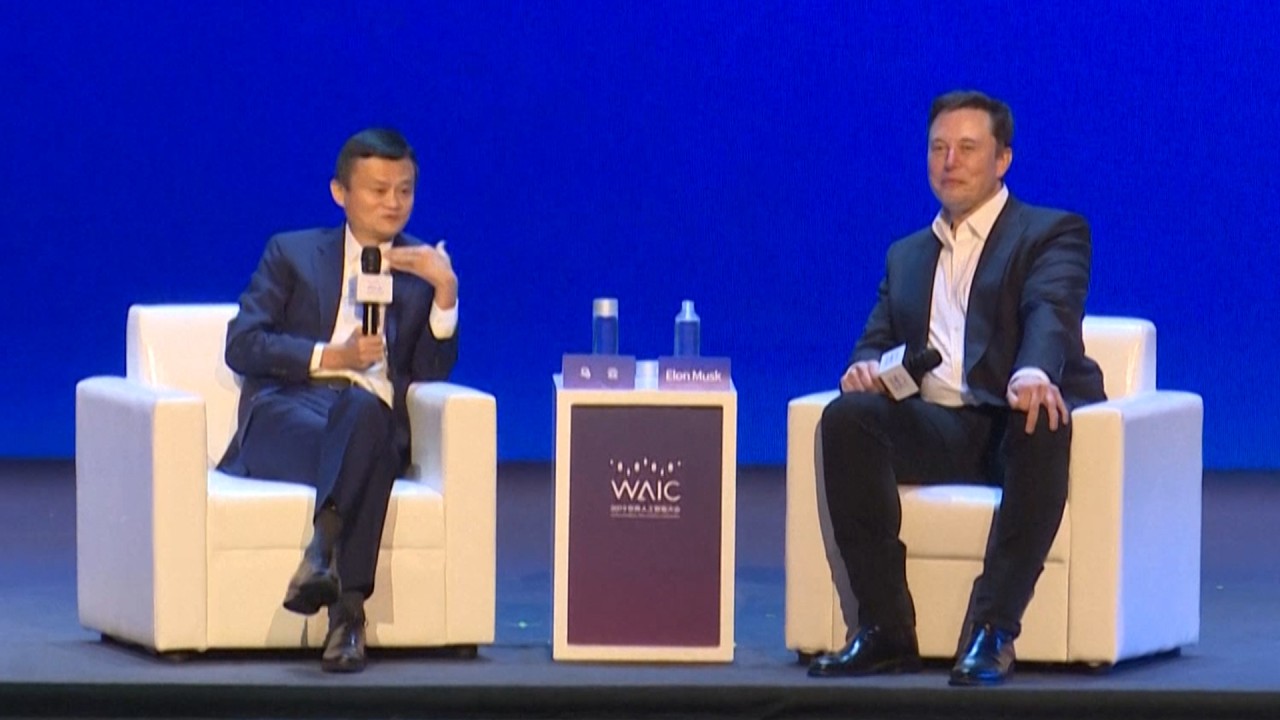“Suspending several accounts that may damage a persons life is far from what WeChat do,” another person wrote on Twitter in response to Crane. “My WeChat account was banned multiple times just for sharing Covid infos.”
The suspensions have faced pushback from government officials, advocacy groups and news organisations. Most of the suspensions have already been reversed, but the offending tweets mentioning @ElonJet were no longer accessible.
Twitter did not immediately respond to a request for comment on Saturday.
Although it is unusual for US social media platforms to ban journalists, shutting down accounts is a common occurrence on WeChat and Weibo, which must adhere to Beijing’s strict censorship rules regarding “harmful information” – often referring to posts that appear critical of the government.
This has turned censorship into a cat-and-mouse game between social media users and authorities in China, where people have become known for using homonyms to evade auto-detection, a practice now under threat. It is also common for censored content to pop up on new accounts until it is banned again.
While some on Twitter have compared Elon Musk’s leadership of the social network to that of Chinese rulers with fragile egos, Musk has maintained that the suspensions related to @ElonJet were about doxxing, or releasing private information like addresses and phone numbers of individuals.
“Any account doxxing real-time location info of anyone will be suspended, as it is a physical safety violation. This includes posting links to sites with real-time location info,” Musk said in a tweet.
Musk has also threatened legal action against @ElonJet creator Jack Sweeney, a 20-year-old university student. Sweeney set up the jet-tracking bot on the distributed microblogging platform Mastodon, as well, which then posted about it on its official Twitter account and was subsequently suspended. Mastodon’s account has also been restored.
The journalist suspensions drew some attention inside the Great Firewall, where most comments focused on Musk himself. Some people joked about the idea of freedom of the press in the West. “Maybe we have more press freedom,” one Weibo user wrote. A related Weibo topic had been viewed about 2 million times by mid-day Saturday.
Musk defended himself on Twitter, saying it is “so inspiring to see the newfound love of freedom of speech by the press”. At the end of his tweet, Musk tacked on the emoji of a smiling face with hearts.
Stay connected with us on social media platform for instant update click here to join our Twitter, & Facebook
We are now on Telegram. Click here to join our channel (@TechiUpdate) and stay updated with the latest Technology headlines.
For all the latest World News Click Here

